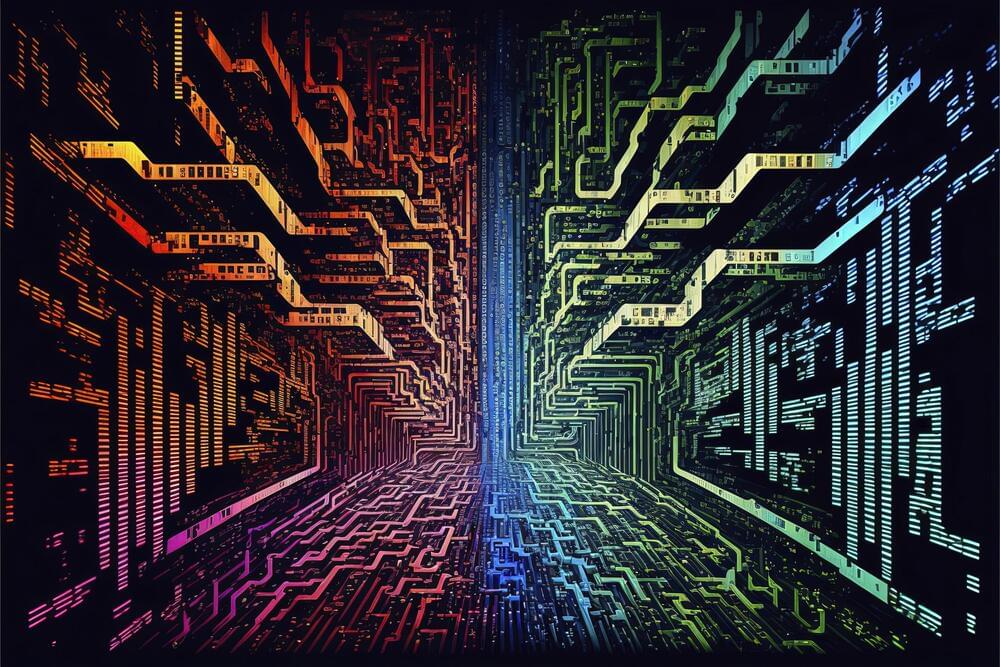Self-supervised learning is a form of unsupervised learning in which the supervised learning task is constructed from raw, unlabeled data. Supervised learning is effective but usually requires a large amount of labeled data. Getting high-quality labeled data is time-consuming and resource-intensive, especially for sophisticated tasks like object detection and instance segmentation, where more in-depth annotations are sought.
Self-supervised learning aims to first learn usable representations of the data from an unlabeled pool of data by self-supervision and then to refine these representations with few labels for the supervised downstream tasks such as image classification, semantic segmentation, etc.
Self-supervised learning is at the heart of many recent advances in artificial intelligence. However, existing algorithms focus on a particular modality (such as images or text) and a high computer resource requirement. Humans, on the other hand, appear to learn significantly more efficiently than existing AI and to learn from diverse types of information consistently rather than requiring distinct learning systems for text, speech, and other modalities.
